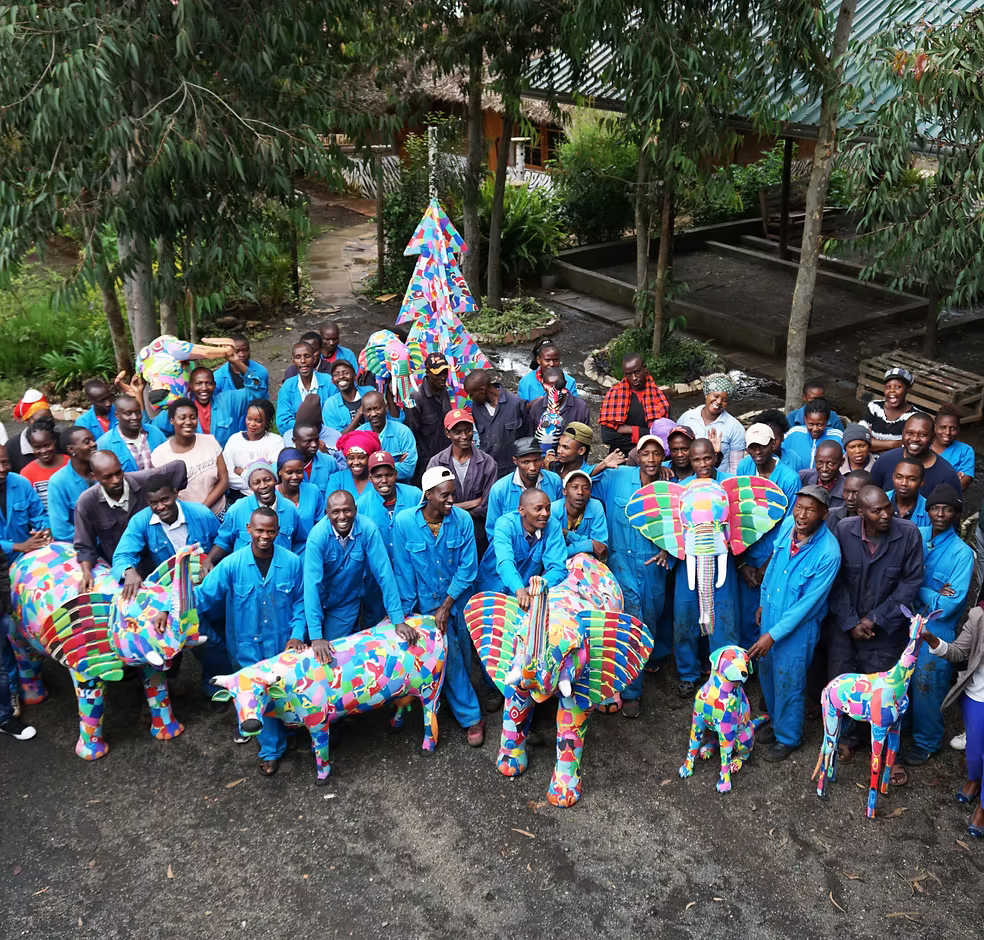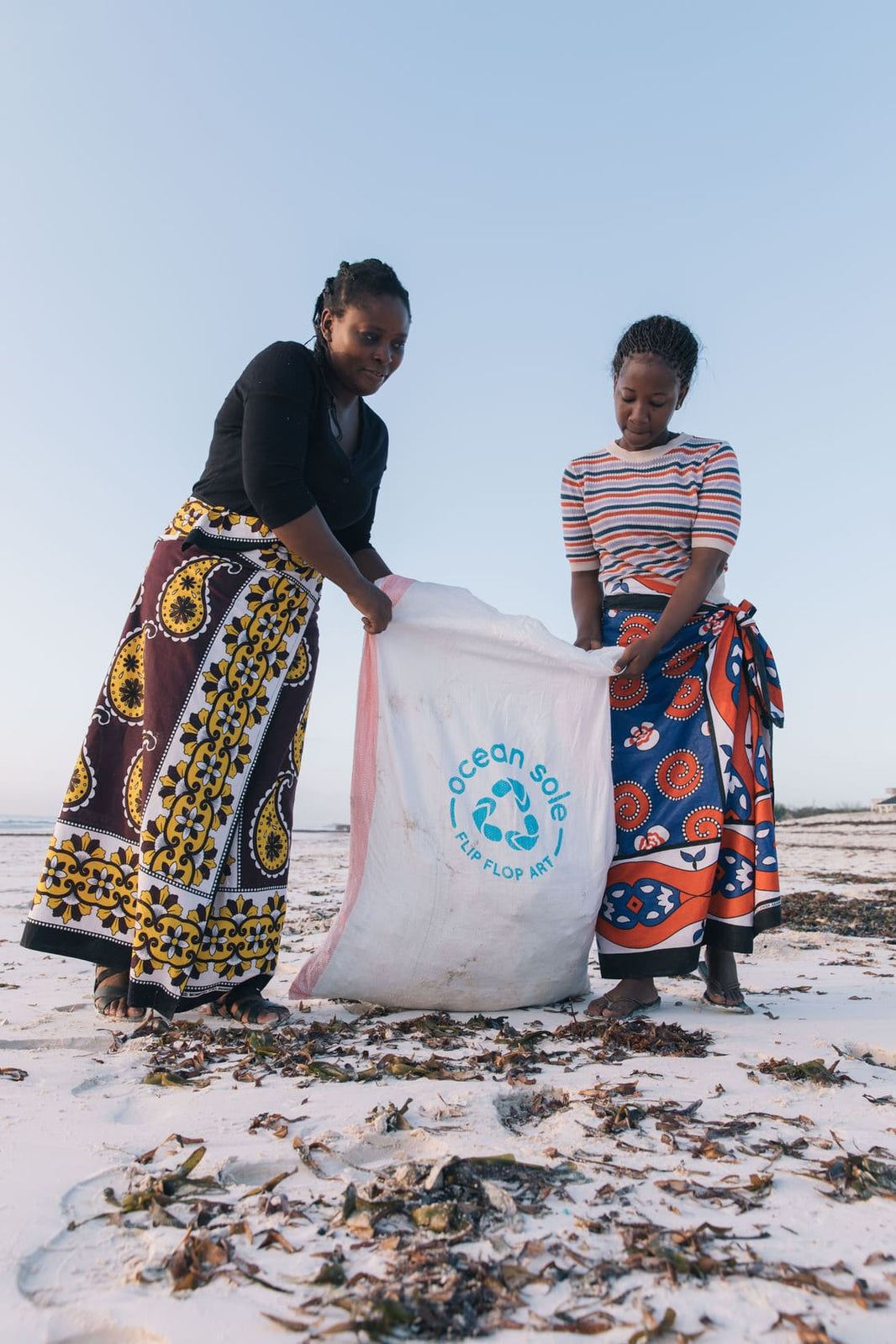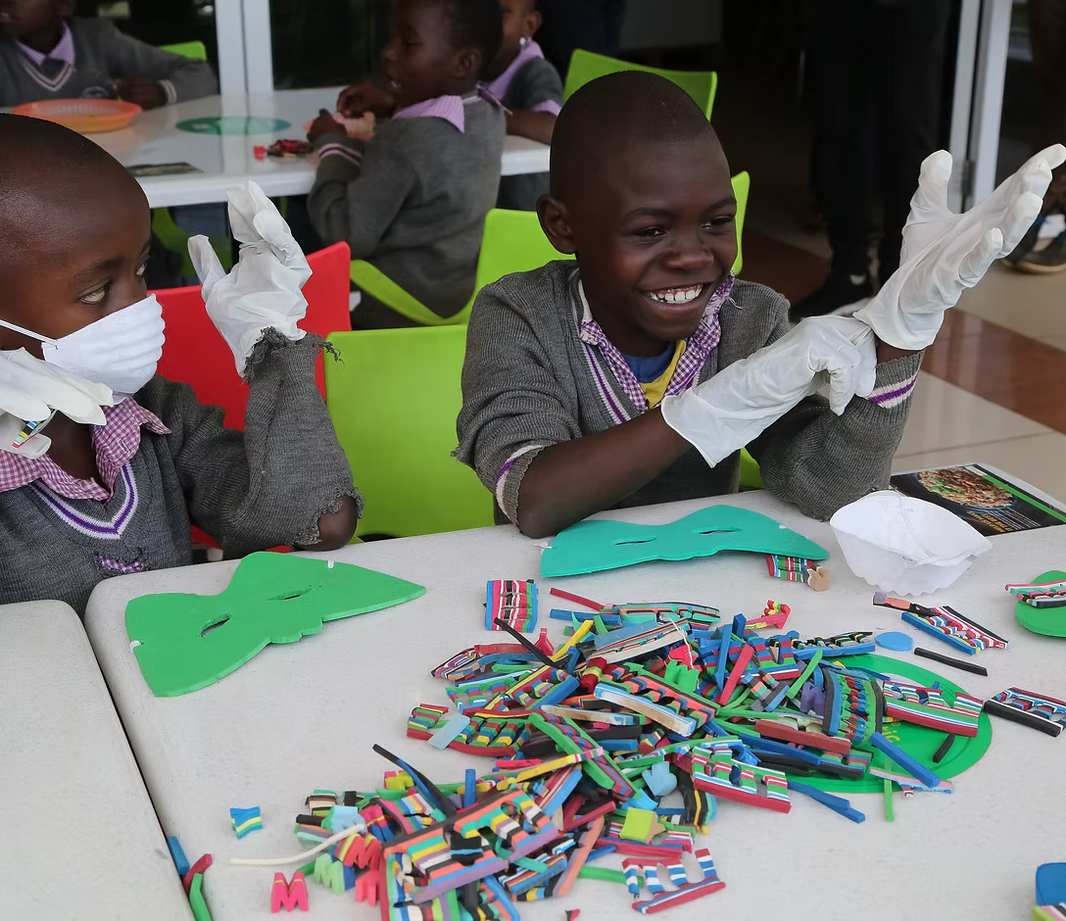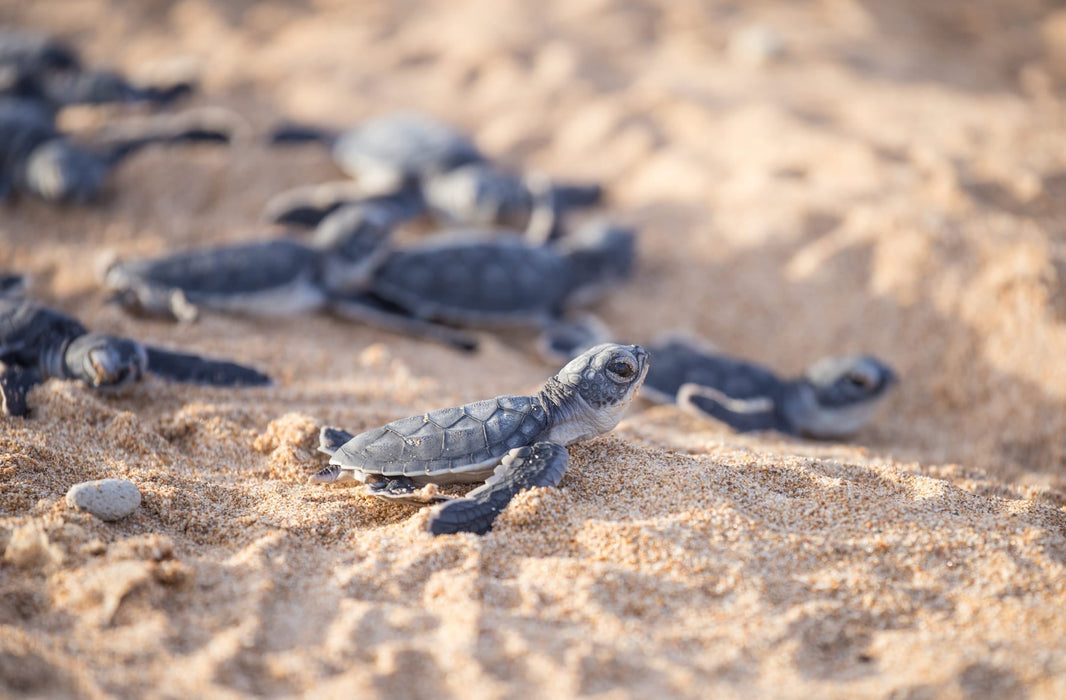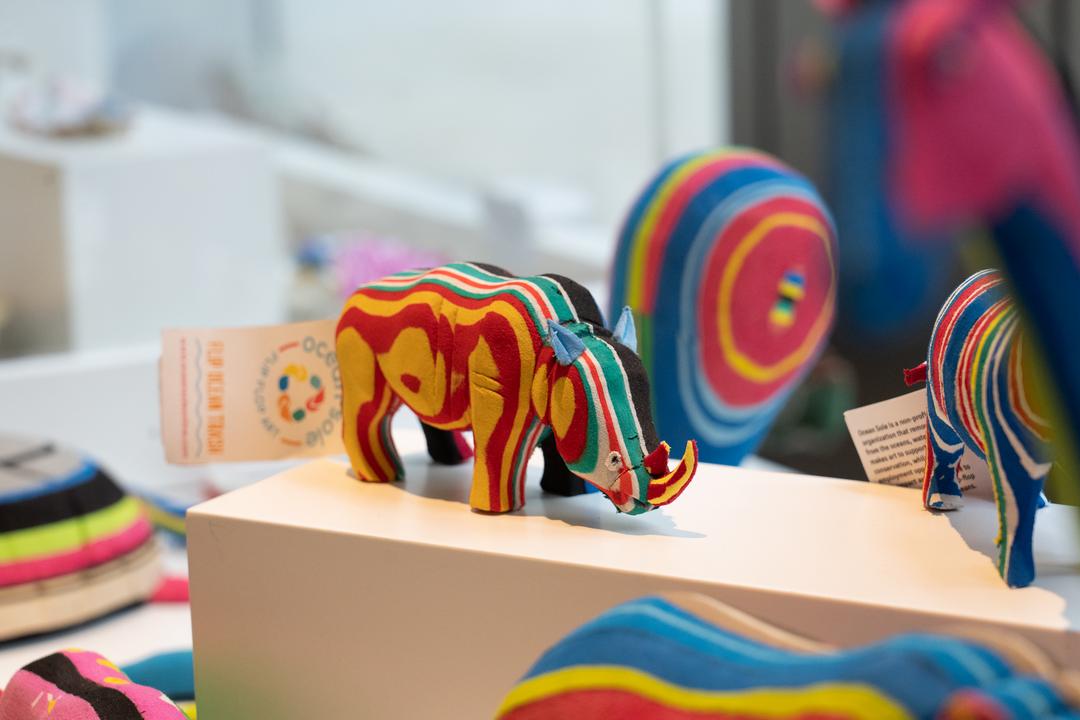Hello readers, it’s world Pangolin day!
This is a unique opportunity for everyone to rally support and raise awareness about these mammals and their plight. Pangolins are shy, gentle creatures who have been on the receiving end of a vicious cycle of attacks by traffickers.
Most people don’t know much about these gentle creatures; here are some cool and interesting facts about them!
- Pangolins are covered with scales which they use as a defense from predators. When they feel threatened, pangolins will carve into a ball, hide their heads, and use the sharp scales on their tails to ward off predators by producing a stinky fluid from a gland at the base of their tail.
- Ants are their preferred diet.
- They are the only mammals with scales.
- They close out their nostrils and ears to keep insects out when feeding
- A single pangolin can eat up to 70 million insects a year.
Sadly, the pangolin is the world’s most trafficked animal. Tens of thousands of pangolins are poached yearly, killed for their scales for use in traditional Chinese medicine and their meat, a delicacy among some ultra-wealthy in China and Vietnam. The International Union for Conservation of Nature (IUCN) has listed all pangolin species as Critically Endangered.
According to National Geographic, a 14-ton shipment of pangolin scales was seized in Singapore from Nigeria.
The number of Asian pangolins has dramatically declined, forcing poachers to turn to the African pangolin. Poachers kill as many as 2.7 million pangolins every year. In 2016, 186 countries came together at the Convention on International Trade In Endangered Species (CITES); this treaty helps regulate international wildlife trade, and together they voted against the commercial business in pangolins. However, pangolins' illegal killing and poaching have grown over the years.
One may wonder, what is the use of pangolin scales, and why do poachers hunt them?
The biggest poachers of pangolin scales are the Chinese, who believe their scales have medicinal value, which has never been scientifically proven.
Fresh scales are never used, but dried scales are roasted, ashed, cooked in oil, butter, vinegar, and boy's urine, or roasted with earth or oyster shells, to cure various ills. Amongst these are excessive nervousness and hysterical crying in children, arthritis, malarial fever and deafness
One must admit that there is a dire need to protect the pangolins. It’s tragic to realise that pangolins can live a whole life in the wild, but humans remain their biggest threat. In light of the above, how can we help the plight of the pangolin?
This world pangolin day, you can contribute to raising awareness for the pangolins by:
- Signing petitions to help save the pangolin.
- Alert authorities if you see pangolins for sale at markets or on restaurant menus or if you know of anyone capturing or possessing pangolins
- Educate traditional medicine makers that using pangolin scales is illegal (and there are no proven health benefits to consuming scales they are made of keratin, just like fingernails!)
- Support organisations which are working to protect pangolins
- Share pangolin information on your social media networks
- Tweet using the hashtag #WorldPangolinDay
- Blog about pangolins on World Pangolin Day
- Create pangolin art and share the story
- Share pangolin information on your social media networks.
At Ocean Sole, the pangolin situation makes our blood run cold. It’s outrageous that after all these years, proper protections haven’t been placed on conserving the pangolins. We raise awareness for the pangolin by sharing their story on our social media platforms, sharing their story with everyone who visits us, and we also make pangolin flip-flop sculptures to bring visual awareness to them.
A pangolin flip-flop sculpture
We made a 1.5-meter pangolin masterpiece. The following artisans were involved in the project:
To make the sculpture:
- 469 flip-flops were recycled
- 11.24 kg of styrofoam recycled
- 10 days of work created
Shop our pangolin flip-flop sculpture
We hope that you’ll participate in raising awareness for the pangolins. We shouldn’t allow them to go extinct like their distant relatives, the dinosaurs. Tweet #WorldPangolinDay and help spread the message!



